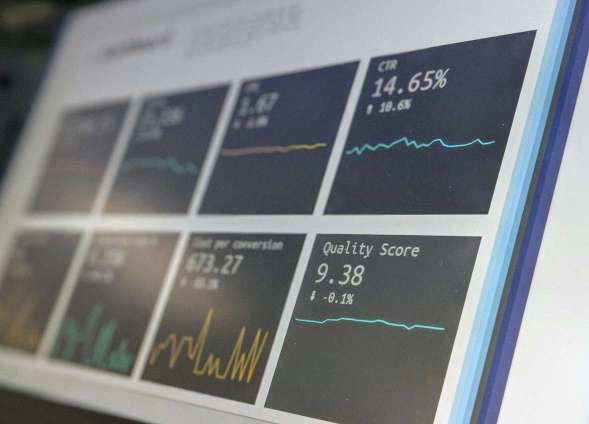Will Blockchain Make Banks Obsolete?
4 min read
23 Aug 2024
Blockchain technology has sparked debates about its potential to disrupt traditional banking systems.
Decentralization and Trust
Blockchain's decentralized nature challenges the centralized model of traditional banks, offering enhanced security and transparency.

Payments and Transactions
Blockchain enables faster and cheaper cross-border payments and transactions, reducing reliance on traditional banking intermediaries.
Financial Inclusion and Accessibility
Decentralized finance (DeFi) platforms provide access to financial services for underserved populations without traditional banking infrastructure.
Regulatory Challenges
Regulatory compliance and integration with existing financial systems present hurdles for blockchain adoption in banking.
Collaboration vs. Disruption
Some banks explore blockchain for efficiency gains, while others see it as a disruptive force threatening their business models.
Future Scenarios
The future role of banks may evolve as blockchain matures, with potential partnerships and innovations shaping the financial landscape.
Conclusion
While blockchain poses challenges to traditional banking, its impact will likely involve a complex interplay of disruption and collaboration in the financial sector.
More Articles

DataOps: The Key to Supercharging Your Data Analytics
7 min read | 21 Jul 2024

Transform Your Business with Cutting-Edge Data Pipeline Strategies
7 min read | 20 Jul 2024

Data Mesh: The Game-Changer in Data Architecture
5 min read | 19 Jul 2024

Why Data Fabric is the Future of Data Management
5 min read | 18 Jul 2024
More Articles

The Challenges of AI Governance and Regulation
4 min read | 03 Sep 2024

AI in Media and Entertainment: Content Creation and Recommendation Systems
6 min read | 11 Sep 2024

AI and Robotics: The Synergy of Intelligent Machines
5 min read | 10 Sep 2024

AI in Mental Health: Virtual Therapists and Predictive Diagnostics
6 min read | 09 Sep 2024
